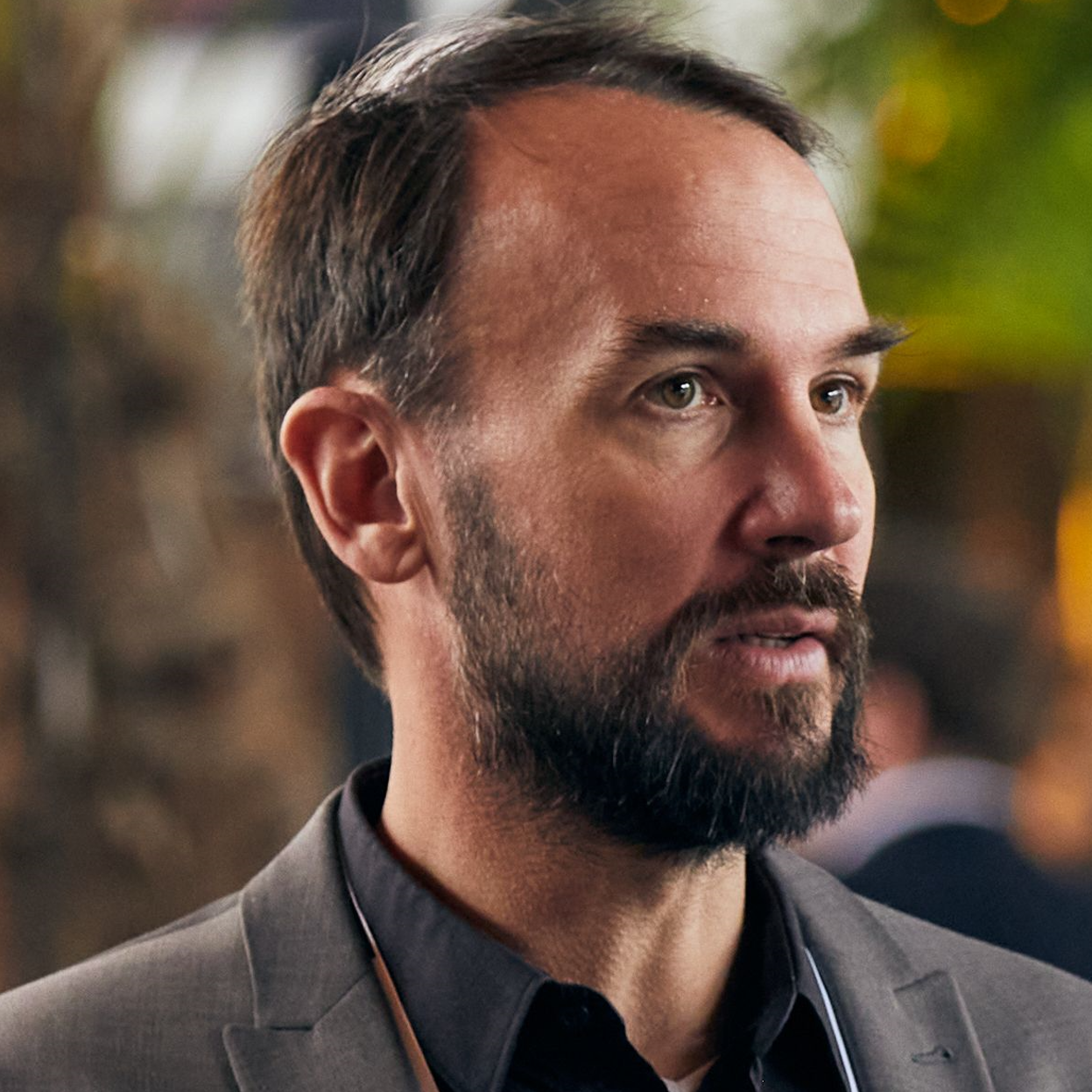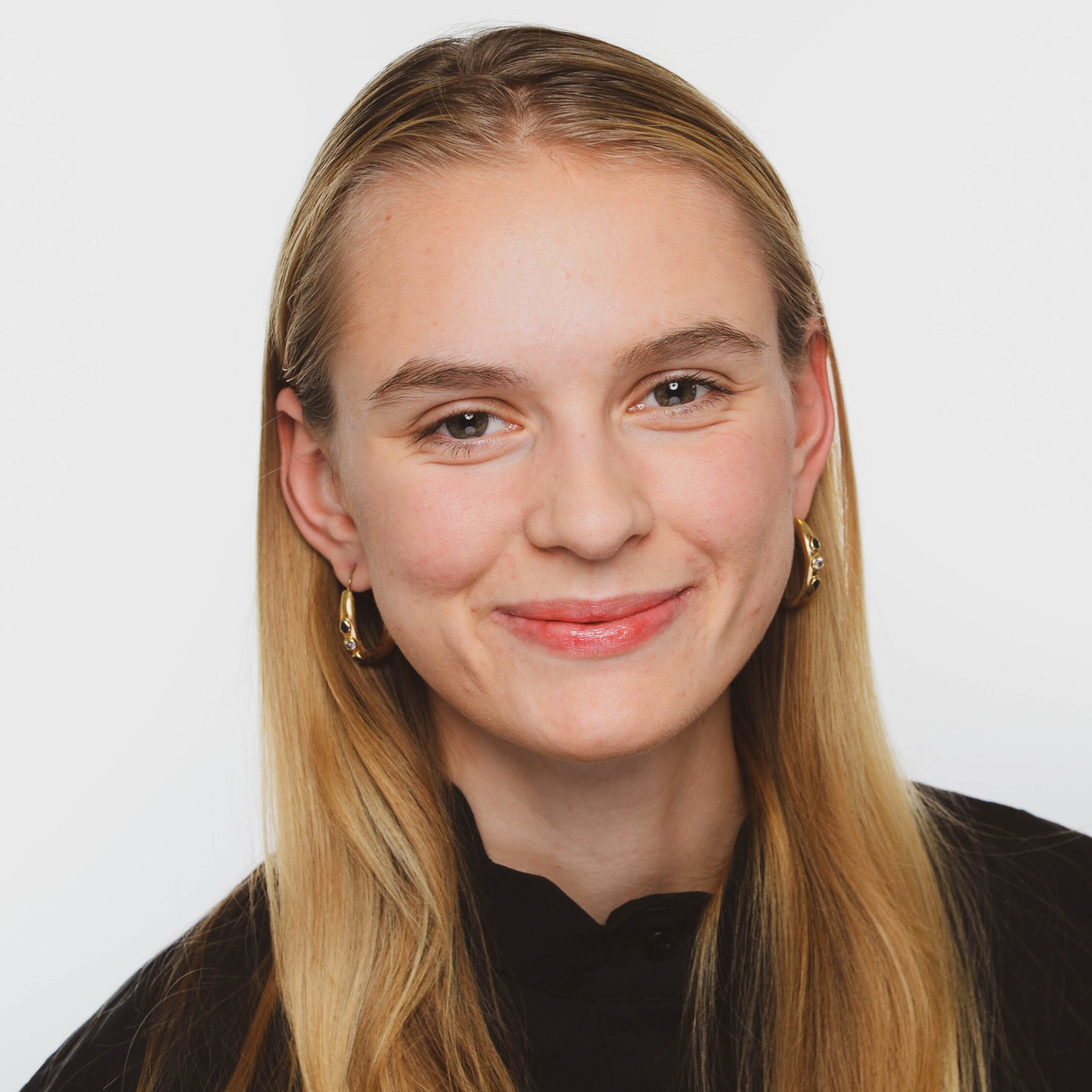Data for Survival: confronting the climate crisis
05 November 2024
Time: 18:30 – 20:30
Moos Space
Moosdorfstraße 7-9
12435, Berlin


Are you concerned about the intersecting global catastrophes arising from climate-related upheaval and how policy can and should transcend profit motives and prioritise the common good? We invite you to join our FREE upcoming panel debate, where we will explore the intersecting realms of activism, citizenship, health, human rights, scholarship, and technology in the pursuit of tackling climate change.
- Is it conceivable for policy decisions to genuinely reflect broader societal concerns from a near future perspective?
- Within the climate crisis are additional complexities of lumbering health infrastructures, immigration dynamics, social integration and the high pressures on urban centres?
- What are the possibilities and limitations of policymaking in navigating these critical junctures?
- Are the contributions from citizen-science and critical contributions from the arts and culture being considered by policymakers?
Among the highlights, the debate seeks to discuss the challenges coming from climate-induced migration (human and non-human) and the associated climate health changes, the impact on cities and the strain on existing infrastructure. Foregrounding the utilisation of cross-sectional datasets and involving post-disciplinary agents are essential to anticipate the challenges ahead.
Followed by a networking event.
This event marks the conclusion of the FORUM autumn 2024 season. Our program is designed to highlight the inter-, trans- and post-disciplinary dimensions of various topics. This constructive debate, organised within the framework of Berlin Science Week, aims to illuminate the multiple junctures through which we can approach and address the climate crisis.
Moderator

Stephanie Hankey is a designer, technologist and curator with 25 years experience exploring the social, political and environmental impacts of technology on society. She co-founded Tactical Tech in 2003, a leading international NGO working at the forefront of culture and public education on technology and civil society, with interventions hosted in over 70 countries. Stephanie has served as a Senior Strategy Advisor to the Ellen MacArthur Foundation, is an expert on the Design Council’s “Design for Planet and People” agenda, and mentors projects under the New European Bauhaus. A Loeb Fellow at Harvard University’s Graduate School of Design, she was awarded an Ashoka Fellowship for her work as a social entrepreneur. Her curatorial work has included award winning projects such as The Glass Room and Technologies of Hope and Fear and her work has been shown at the Vennice Architecture Biennale. Currently, she directs Tactical Techs work on climate, is a dual Professor at the Design School of the University of Applied Sciences Potsdam and she holds a Master’s in Computer-Related Design from the Royal College of Art, London.
Debaters

Aurel von Richthofen leads the Cities team for Arup in Germany, focusing on data-driven digital methods to tackle complex urban topics at the intersection of sustainability and digital solutions. Before joining Arup, Aurel was a senior researcher at the Future Cities Laboratory at ETH Zurich in Singapore. He researched on foundational technologies for digital twins and smart cities, as well as sustainable urbanisation using Artificial Intelligence (AI). Aurel studied architecture at ETH Zurich and Princeton University and earned his doctorate at the Technical University of Braunschweig. He is a member of the Berlin Chamber of Architects.

Felipe Schmidt Fonseca is an experienced Berlin-based Brazilian advocate for social-environmental innovation and free/open-source technologies turned researcher. He is the founder of Reuse City studio and a co-creator of semente, a toolkit for community projects; as well as the co-founder and lead articulator of the Tropixel network; and an active member of organisations such as GIG and Circular Berlin. Between 2019 and 2022, Felipe was a Marie Curie Early Stage Research Fellow (University of Dundee / Northumbria University / Mozilla Foundation). He has recently engaged in collaborations such as ID21, fonte.wiki, ALGO-BR, and CODE. He has a PhD in Design from Northumbria University (Newcastle-upon-Tyne, UK). The title of the thesis successfully defended in September 2023 is “Generous cities – weaving commons-oriented systems for the reuse of excess materials in urban contexts”.

Lina Sophie Pfeiffer is a data science consultant at the German Red Cross, dedicated to leveraging disruptive technologies for the welfare sector. With a background in public policy and information science, she is passionate about the use of data to tackle global challenges. Lina developed the Climate Stories Map (CSM), the first publicly accessible platform for the comprehensive exchange of climate change experiences. With over 2,000 users across Germany, the CSM empowers community voices, making their insights visible to policymakers and society at large. As a speaker and workshop leader, Lina promotes digital and creative approaches to climate education, highlighting the importance of citizen science and cultural input in shaping equitable policy solutions.

Sybille Neumeyer is an interdependent artist and post-disciplinary researcher with focus on environmental issues and ecological relationships. Her work is based on dialogues and collaboration. Through polyphonic (hi)storytelling, installations, walks, performative lectures, and video essays, she examines terrestrial communities, planetary metabolisms and more-than-human atmospheres. Neumeyer’s works have been presented at LABoral Gijon, Heidelberger Kunstverein, Charité Berlin, Art Laboratory Berlin, Onassis Stegi, EXiS Film Festival Seoul, Kunsthaus Dresden, ZKM Karlsruhe, Museum für Naturkunde Berlin, DESY Hamburg, amongst others. Currently she is a postgraduate fellow at the Berlin Centre for Advanced Studies in Arts and Sciences at the Berlin University of the Arts.
Partners

The Y Berlin is a new community design lab within MOOS supporting the blend of technology and community. Their aim is to curate spaces that foster connections deeper than mere cohabitation.
www.moos.garden
